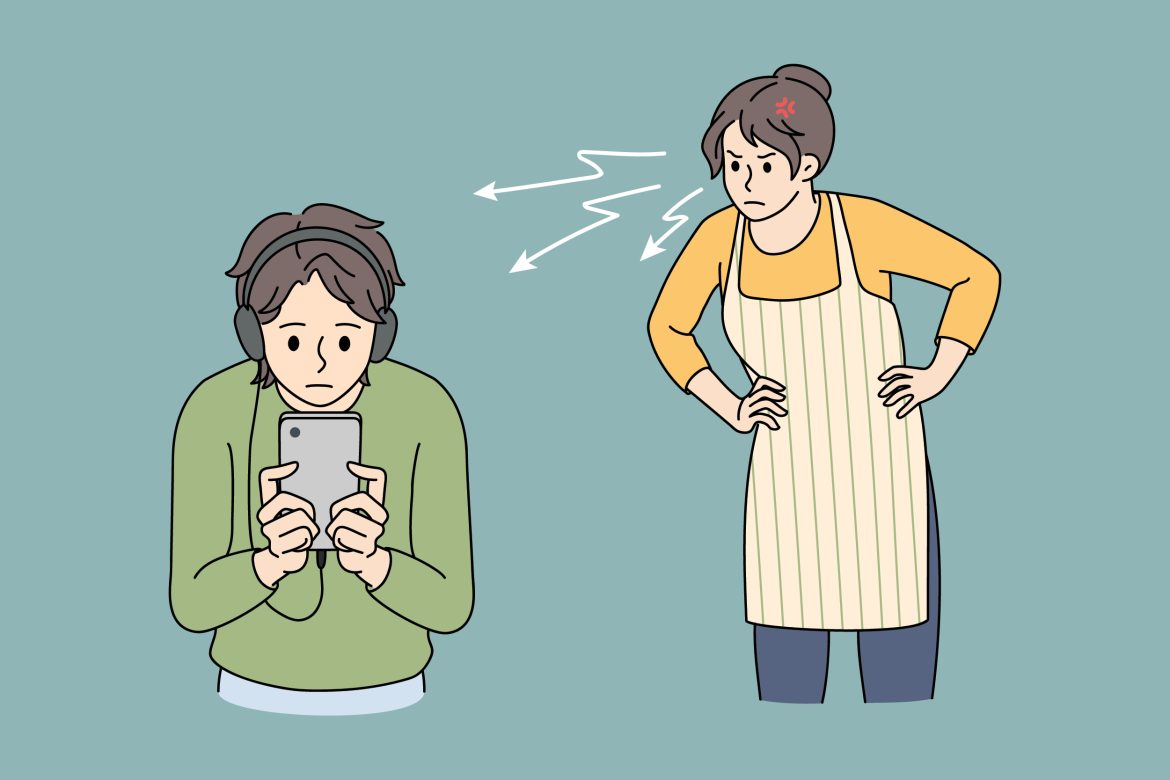Different Versions of Jeans
There are so many different types and styles of jeans available on the market these days, it can be hard to keep track of them all! Here is a quick rundown of some of the most popular jeans styles out there:
Bootcut jeans are straight-leg jeans that flare out slightly at the bottom, creating a small “boot” shape. They are often considered to be the most flattering style of jeans for most body types.
Skinny jeans are tight-fitting jeans that hug the legs closely from top to bottom. They are a very popular style among young women and girls.
Flare jeans are similar to bootcut jeans, but they have a much more dramatic flare at the bottom. They are often considered to be a more “hip” and “trendy” style of jeans.
Boyfriend jeans are loose-fitting jeans that are meant to look like they’ve been borrowed from a boyfriend or husband. They are usually cuffed at the bottom and can be worn rolled up or down.
Mom jeans are a high-waisted style of jeans that are usually straight-leg or slightly flared. They are named after the style of jeans that were popular among mothers in the 1980s and 1990s.
History of Jeans
Jeans have been around for centuries, but they didn’t become the fashion staple that they are today until the early 20th century. The first jeans were created in the 1850s by a man named Levi Strauss. Strauss was a German immigrant who moved to the United States in search of gold. He eventually settled in San Francisco, where he opened a dry goods store.
Strauss became friends with a man named Jacob Davis, who was a tailor. Davis had the idea to create reinforced pants for workers who needed durable clothing for their jobs. He asked Strauss to help him patent the idea, and together they created the first pair of blue jeans.
The jeans were an instant hit, and they quickly became the uniform of cowboys, miners, and other workers who needed tough, durable clothing. In the 1920s, jeans began to be adopted by the “flapper” generation of young women who rebelled against traditional norms. Jeans became a symbol of youth and freedom, and they were worn by both men and women.
The Ups and Downs of the Jeans Trend
Like all fashion trends, the popularity of jeans has had its ups and downs over the years. Here is a look at some of the highs and lows of the jeans trend:
In the 1950s, jeans took on a more “rebellious” image thanks to the rise of teenage culture and the popularity of James Dean and Marlon Brando. Jeans became associated with the young, the wild, and the free. They were no longer just for work – they were for fun.
In the 1960s and 1970s, jeans became even more popular as a fashion item. They were adopted by the hippie movement as a symbol of peace and love. Celebrities like Farrah Fawcett and John Travolta helped to make jeans even more mainstream.
Jeans took on a more “sexy” image in the 1980s and 1990s, thanks in part to the popularity of tight-fitting, low-rise styles. Supermodels like Naomi Campbell and Cindy Crawford helped to make jeans a must-have fashion item for women of all ages.
The 2000s saw the rise of “jeans culture.” Designer labels like Seven For All Mankind and True Religion made jeans a status symbol. Celebrities like Britney Spears and Jennifer Lopez helped to make low-rise jeans and booty-hugging styles even more popular.
Today, jeans are a wardrobe staple for people all over the world. They are comfortable, versatile, and stylish. Whether you prefer skinny jeans or bootcut jeans, there is a style out there for everyone.







